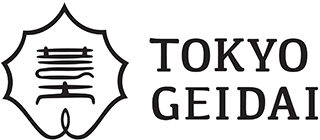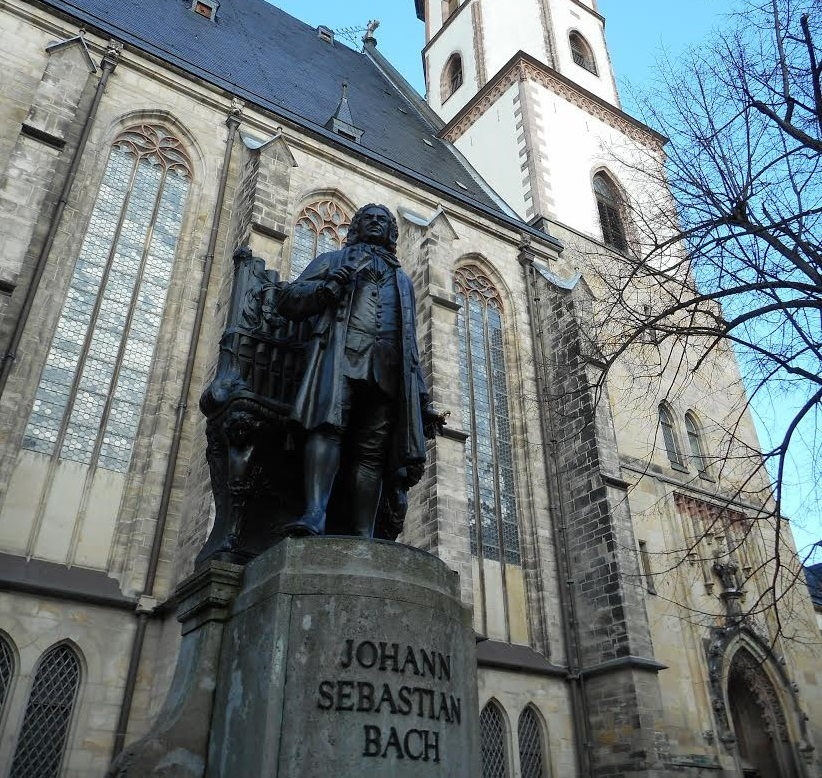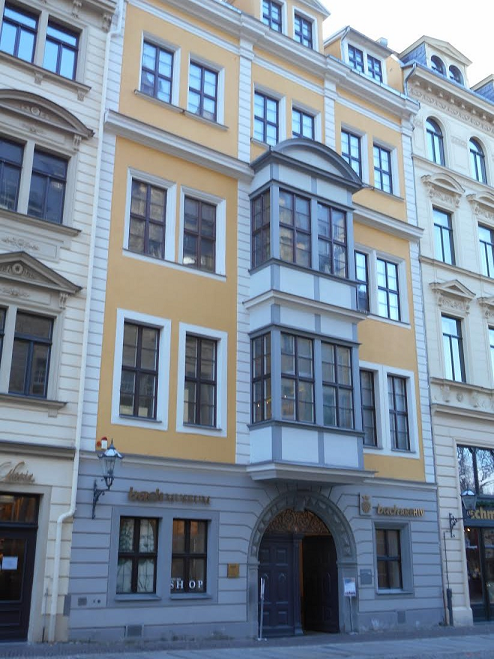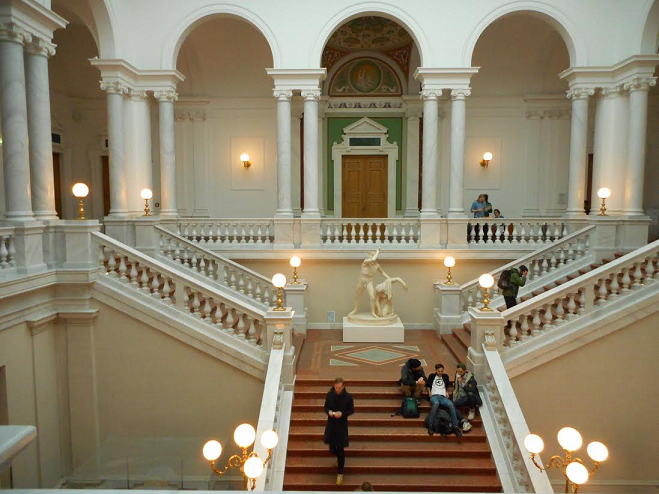バッハの教会カンタータJ.S. Bach-Church Cantatas ( Leipzig, Germany)
April 01, 2015
基本情報
学生の所属:音楽研究科博士課程音楽学専攻
研修先:ライプツィヒ大学音楽学研究所など
研修期間:2015年1月30日~2015年2月7日
※この研修は、平成26年度藝大基金「海外派遣奨学金制度」のご支援により行われました。
海外研修の成果
バッハ・アルヒーフの所長であるペーター・ヴォルニー教授による集中講義「バッハの教会カンタータ」は、非常に内容の濃いもので、多くを学ぶことができました。
中心的なテーマはバッハのコラール・カンタータで、具体的に取り上げた楽曲分析にとどまらず(もちろん、これも鋭い視点に大きな刺激を受けましたが)、コラールの意味、教会暦の中での位置付け、そして本年刊行が予定されているヴォルニー教授の教授資格論文のテーマである中部ドイツのおける教会音楽の伝統との関係など、幅広い観点から詳細な検討がなされ、バッハのカンタータに対する視野を広げることができました。
講義の大半はヴォルニー教授が進める形でしたが、しばしば学生にも質問を投げかけ、学生同士でのディスカッションも行いました。こうした中で、ドイツ人の議論の進め方を経験できたことも有意義でした。
また、バッハ・アルヒーフの図書館に場所を移して行われた講義はとりわけ印象的でした。そこで、トーマス合唱団が用いていた楽譜、そしてバッハのカンタータの自筆譜や自筆の推薦状など、多くの非常に貴重なオリジナル資料を間近に見ることができたからです。説明を受けながら注意深く見ると、バッハの筆跡の変遷や、楽譜の書き直しの跡の意味など、これまで文献の中で概念的にしか知らなかったことを、具体的にはっきりと理解できました。
ライプツィヒにある3つの図書館(市立図書館、大学附属図書館、バッハ・アルヒーフ図書館)でも、論文や楽譜などの資料収集を行い、あらかじめ計画していた資料は、滞在期間中にすべて複写することができました。こうした資料の読解が今後の課題としてありますが、日本では入手できない資料を最大限に活用し、研究を進めていこうと思います。
奨学金制度への謝辞
奨学金のおかげで、ライプツィヒ大学におけるゼミナールに参加し、貴重な経験を積むことができました。渡航費はかなりの負担でしたが、支援を受けられることになり非常に助かりました。ご支援をいただいた皆さまに、心より感謝いたします。
Through the intensive course “Bach-Church Cantatas” by Dr. Peter Wollny, the director of Bach Archiv, I was able to learn a lot of things.
Focusing on the Chorale Cantatas by Johann Sebastian Bach as a theme, this course offered detailed discussions with broad perspectives — not only analyses of the musical composition (needless to say, I was impressed by a the keen observations) but also meaning of chorale, its position in the Liturgical Calendar , and what is more, relationship with traditions of church music in central Germany, which is the theme of Dr. Wollny’s thesis that will be published this year. As a result, my view of J.S. Bach- Cantatas had been broadened. Most part of the course was proceeded by Dr. Wollny, however, he asked students some questions occasionally to make students involved in the course. We had discussions between students too. It was also meaningful for me to experience how people conduct discussions in Germany.
Furthermore, the day the course was given at the library of Bach Archiv was extremely impressive. This is because I had a chance to see valuable things such as sheet music used by the Thomanerchor, handwritten Bach’s musical notes and a letter of recommendation written by him. It was a good opportunity to deeply understand some ambiguous things that I only knew from books.
I was able to gather information that I was planning to get from three libraries in Leipzig (the city library, the university library and the library at Bach Archiv), and make copies of them during my stay, as originally planned. Even though comprehending these references may be a challenging task, I would like to continue my research making full use of these precious documents that I would not be able to obtain in Japan.






